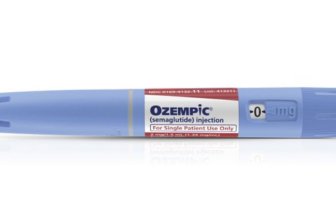As gasoline prices jumped to a record of almost $1.95 a liter in Victoria Wednesday, BC’s energy minister told the legislature the next increase in carbon tax is going ahead April 1, and it will only add another penny to the cost.
Opposition politicians used the soaring cost of gasoline to remind the NDP government that it removed the income tax rebates that returned carbon tax revenues to citizens, after the BC Liberal government introduced the first retail carbon tax in 2008. That tax has climbed to nearly 10 cents a liter for gasoline and is scheduled to rise by another cent on April 1.
Energy Minister Bruce Ralston said suspending the carbon tax increase in response to the surge in oil price triggered by Russia’s invasion of Ukraine wouldn’t work, because retailers would take the tax break as profit. He pointed to Squamish, which is outside Metro Vancouver, thus avoiding BC’s largest gasoline tax, currently 18.5 cents a liter to subsidize TransLink’s bus and train network.
“Even in Squamish, where they don’t have to pay it there, the prices are higher than they are in West Vancouver, because the gas retailers in Squamish are rushing in and scooping up the extra difference for themselves,” Ralston told reporters March 2.
While BC pioneered carbon taxes, the Justin Trudeau government has stepped in with a law that would prevent the province from holding the line on carbon tax during the record price surge. The federal minimum rises to $50 a tonne of emissions this year, and BC’s tax is currently at $45.
RELATED: Gas price hits new high of $1.95 in Greater Victoria
RELATED: Gas prices spike to $1.86/liter in Lower Mainland
In addition to carbon tax, BC charges another 6.75 cents per liter across the province to fund the BC Transportation Financing Authority, which funds BC Transit service. Greater Victoria has its own transit tax on top of that, currently 5.5 cents a litre.
BC collects a motor fuel tax in addition to carbon tax, but does not charge the seven per cent provincial sales tax on gasoline. The federal government adds an excise tax on fuels across the country and then applies the goods and services sales tax to the entire cost of a liter, including the other taxes.
RELATED: BC fuel price monitor called a ‘copy of GasBuddy’
@tomfletcherbc
tfletcher@blackpress.ca
Like us on Facebook and follow us on Twitter.
BC legislatureBC politics










